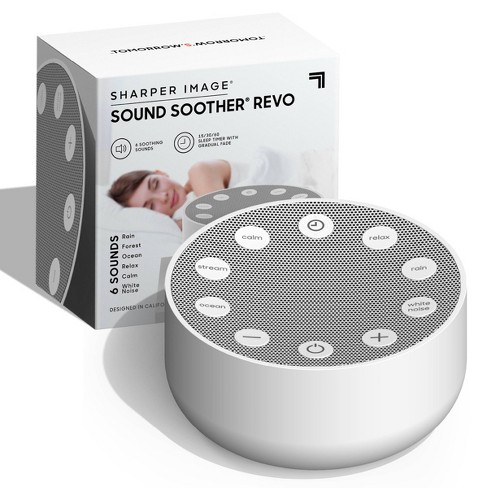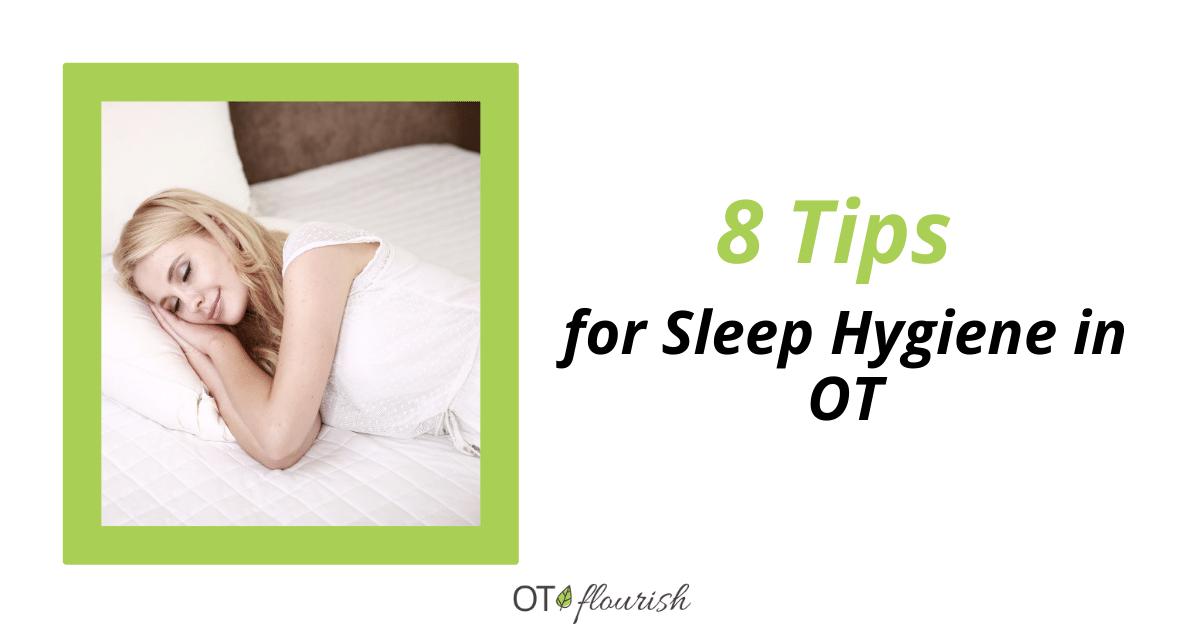Advanced Sleep Therapy - Achieve Deep, Restful Sleep
Advanced Sleep Therapy - Achieve Deep, Restful Sleep
Blog Article
Reliable Treatment Solutions for Taking Care Of Rest Disorders and Enhancing Relaxed Rest
In the realm of healthcare, the management of rest problems and the pursuit for relaxed rest are critical parts of general well-being. Effective therapy remedies provide a multifaceted approach to take on these obstacles, ranging from cognitive behavioral treatments to alternative practices that promote leisure and mindfulness. The exploration of numerous methods, including the assimilation of medicine and light therapy, opens up a world of possibilities in the search of much better sleep top quality. As we browse the intricate landscape of sleep conditions and seek to improve our rest experience, a deeper understanding of these therapy remedies might hold the trick to opening an extra rejuvenating and meeting restorative trip.
Cognitive Behavior Treatment for Sleep Problems (CBT-I)
Cognitive Behavioral Therapy for Insomnia (CBT-I) is a structured, evidence-based therapy strategy that concentrates on attending to the hidden elements adding to rest disturbances. This sort of treatment aims to customize behaviors and thoughts that aggravate sleeplessness, eventually advertising healthy and balanced sleep patterns. CBT-I typically entails several key components, including cognitive therapy, sleep restriction, stimulus control, and sleep health education and learning.
Cognitive therapy assists people recognize and transform adverse idea patterns and ideas concerning rest that might be preventing their ability to drop or remain asleep. Sleep restriction includes restricting the quantity of time spent in bed to match the person's actual rest duration, consequently boosting sleep performance (insomnia counseling). Stimulus control methods help develop a solid organization between the bed and sleep by motivating individuals to visit bed only when sleepy and to stay clear of involving in stimulating activities in bed
Additionally, sleep health education and learning concentrates on developing healthy rest habits, such as keeping a constant rest timetable, producing a relaxing bedtime routine, and optimizing the sleep atmosphere. By dealing with these factors adequately, CBT-I offers a reliable non-pharmacological treatment for taking care of sleeplessness and enhancing general sleep top quality.
Sleep Hygiene Practices
Having actually established the foundation of cognitive restructuring and behavior alterations in resolving sleep problems through Cognitive Behavior modification for Sleep Problems (CBT-I), the focus now changes towards discovering necessary Sleep Health Practices for keeping optimal rest quality and total well-being.
Rest health methods encompass a series of habits and ecological aspects that can considerably influence one's ability to sleep and remain asleep throughout the night. Consistent sleep and wake times, creating a relaxing bedtime regimen, and maximizing the sleep atmosphere by keeping it dark, silent, and cool are essential parts of excellent rest hygiene. Limiting direct exposure to screens prior to bedtime, preventing stimulants like caffeine near to bedtime, and taking part in normal exercise throughout the day can likewise advertise much better rest high quality.
Moreover, exercising relaxation techniques such as deep breathing workouts or meditation prior to bed can aid soothe the mind and prepare the body for rest. By incorporating these sleep health techniques right into one's day-to-day regimen, individuals can develop a healthy and balanced rest pattern that sustains relaxing sleep and total wellness.
Relaxation Techniques and Mindfulness
Executing leisure strategies and mindfulness techniques can play a critical function in cultivating a sense of calmness and promoting quality sleep. Additionally, led imagery can assist move people to a peaceful area in their minds, aiding in stress and anxiety decrease and enhancing rest quality.
By including these techniques into a going to bed routine, people can signal to their bodies that it is time to prepare and unwind for sleep. Generally, incorporating leisure techniques and mindfulness practices can considerably contribute to managing sleep conditions and improving overall rest top quality.

Medicine Options for Sleep Disorders
After exploring relaxation strategies and mindfulness practices as non-pharmacological interventions for improving sleep top quality, it is vital to think about medication options for individuals with rest disorders. In situations where lifestyle modifications and treatment do not provide adequate alleviation, medicine can be a useful device in managing rest disturbances.
Typically recommended medications for rest conditions consist of benzodiazepines, non-benzodiazepine hypnotics, antidepressants, and melatonin receptor agonists. Benzodiazepines, such as diazepam, are sedatives that can assist induce rest, yet they are usually recommended for short-term usage because of the risk of reliance. Non-benzodiazepine hypnotics like zolpidem are likewise utilized to deal with insomnia and have a lower danger of reliance compared his response to benzodiazepines. Antidepressants, such as trazodone, can be advantageous for people with co-occurring depression and sleep disruptions. Melatonin receptor agonists, like ramelteon, target the body's all-natural sleep-wake cycle and can be handy for regulating sleep patterns.
It is crucial for people to seek advice from with a doctor to determine one of the most proper drug option based on their details sleep disorder and clinical history.
Light Treatment for Circadian Rhythm Policy
Light therapy, additionally called photo-therapy, is a non-invasive therapy technique made use of to manage circadian rhythms and boost sleep-wake cycles. This therapy includes direct exposure to intense light that resembles all-natural sunlight, which assists to reset the body's biological rhythm. By revealing individuals to details wavelengths of light, commonly in the early morning or evening depending upon the preferred effect, light therapy can efficiently adjust herbal insomnia the body clock to promote wakefulness during the day and enhance restful rest in the evening.
Study has shown that light therapy can be specifically useful for individuals with circadian rhythm disorders, such as delayed rest phase disorder or jet lag. It can additionally be helpful for those experiencing seasonal affective problem (SAD), a sort of depression that normally happens throughout the winter months when all-natural light exposure is lowered. Light treatment is normally well-tolerated and can be made use of combined with other treatment techniques for rest disorders to maximize outcomes and improve total sleep quality.
Verdict
To conclude, reliable treatment options for taking care of rest problems and improving peaceful sleep consist of Cognitive Behavior modification for Sleeplessness (CBT-I), rest health methods, leisure strategies and mindfulness, medication choices, and published here light treatment for body clock guideline. These strategies can help people improve their rest high quality and overall well-being. It is essential to seek advice from a medical care supplier to figure out one of the most suitable strategy for attending to sleep issues.
As we browse the complex landscape of rest problems and look for to boost our rest experience, a deeper understanding of these therapy services might hold the secret to opening an extra relaxing and fulfilling corrective journey.
Rest restriction entails restricting the amount of time spent in bed to match the person's real rest period, consequently raising rest effectiveness. Consistent rest and wake times, producing a relaxing going to bed regimen, and enhancing the sleep setting by maintaining it dark, peaceful, and cool are vital elements of excellent sleep health. Light treatment is generally well-tolerated and can be made use of in combination with other treatment methods for sleep disorders to maximize results and boost general rest quality.

Report this page